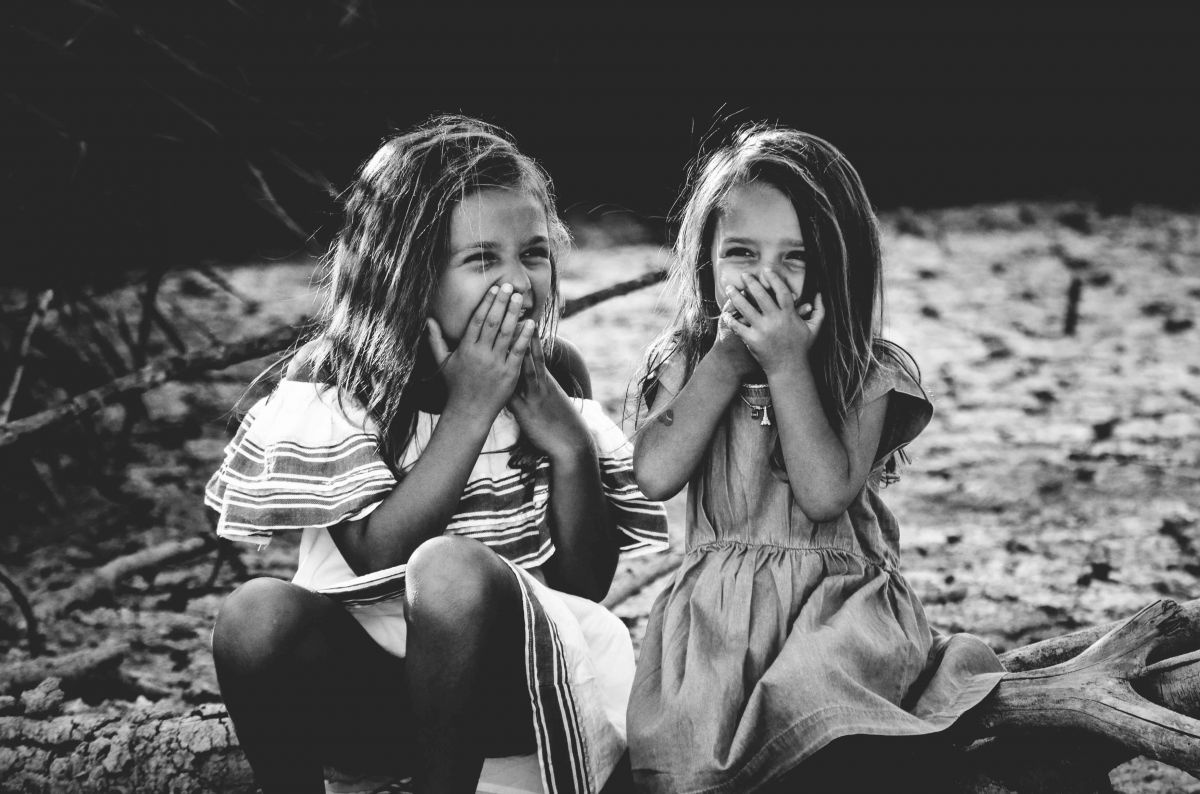
15th April 2025

On-screen acting can be an incredibly enriching and rewarding experience for children and young people. It’s natural for parents to feel a mix of excitement and curiosity when their child starts receiving auditions or booking acting jobs. If you’re new to the world of film and TV, you likely have plenty of questions.
This blog is here to help. We’ve compiled key information about the rights, conditions, and expectations for child actors in New Zealand, along with tips to ensure the experience is enjoyable for both children and their families. Whether you’re the young actor, a supportive parent, or an industry professional, this guide has something for you.
Audition FAQs
How Do I Hear About an Audition?
Your child’s agent will notify you when an audition opportunity comes through. It’s important to know that landing an audition is a big deal—only a small fraction of the hundreds of applicants are selected.
Here’s how a typical audition process works:
You’ll go to a casting studio.
Arrive 10 minutes early to complete an ID form and confirm details like recalls, shoot, and wardrobe dates.
Your child will do their audition and leave.
If a recall (second audition) is required, your agent will let you know within a few days.
Managing Expectations
Auditions are competitive, and only one person gets the role. Help your child see auditions as valuable learning experiences that enhance their skills, even when they don’t land the part.
On-Set FAQs
How Long Can My Child Work in a Day?
Maximum recommended working hours (including travel):
6 hours for children 8 years and under.
8 hours for ages 9–11.
10 hours for ages 12–16.
Children can only work five consecutive days within a calendar week.
Will My Child Work at Night?
Night work must be negotiated with your child’s agent and scheduled well in advance.
Are Breaks and Facilities Provided?
Yes. Producers must ensure age-appropriate meal breaks and rest periods. Facilities for study, recreation, and dressing are also provided.
Are Parents Allowed on Set?
Parents are welcome on set and may stay in designated areas away from filming. Younger children and first-time actors often feel more comfortable with their parents nearby.
What About Nutrition?
Producers must provide nutritious, age-appropriate meals for child actors, parents, and chaperones. Junk food or overly adult options are not suitable.
Special Considerations for Babies
Babies must always have parental access, should not be exposed to harsh conditions, and must be handled minimally by no more than four people during a shoot.
Supervision and Support
Who Looks After My Child on Set?
Producers hire qualified chaperones with experience in childcare, education, or nursing. Chaperones handle the child’s lines, schoolwork, rest breaks, and general wellbeing.
If there are five or more children on set, additional chaperones are required.
What Happens During Out-of-Town Shoots?
“House Parents” are contracted to supervise children during overnight shoots, providing meals, laundry, and emotional support. Accommodation and travel costs are covered for the child and accompanying adult.
Education
Will Schoolwork Be Disrupted?
For short-term engagements, schools may provide homework supervised by a tutor or chaperone. For long-term work, the Correspondence School or equivalent methods are arranged.
The producer is responsible for ensuring at least 10 hours of schoolwork per week during long-term engagements.
Financial Matters
How Does My Child Get Paid?
Your agent will handle invoicing and payments.
Tax: Child actors need an IRD number and must file annual tax returns.
ACC Levies: Your child’s earnings are subject to ACC levies, classified under the “Creative Artists, Musicians, Writers, and Performers” category.
Many families choose to save earnings in education trust funds, but this is entirely your decision.
Is My Child an Employee?
No, child actors in NZ are classified as independent contractors. Their contracts are negotiated by agents, who ensure their rights and conditions are upheld.
Keeping Your Child Safe
Your child’s wellbeing is a top priority. They must not be exposed to harmful situations, distressing scenes, or extreme conditions. If you have concerns, contact your child’s agent immediately.
Final Thoughts
Acting can be a fulfilling journey for children and families when done with the right preparation and support. By understanding your child’s rights and the industry’s expectations, you can help them make the most of every opportunity while staying safe and happy.
For more information, check out the Actors Agents Association of NZ (AAANZ) or consult your child’s agent.
Let the magic of acting unfold—one audition at a time!
Photo by Caroline Hernandez on Unsplash
© 2025 Collaborate NZ